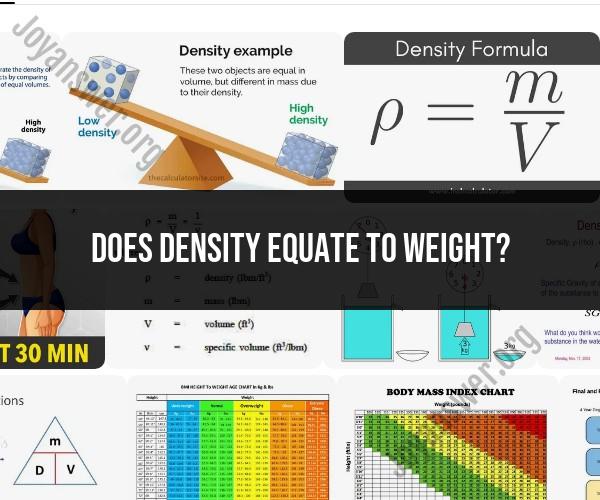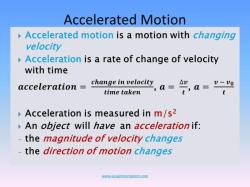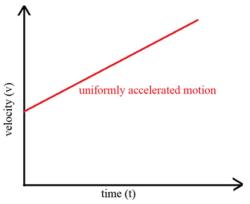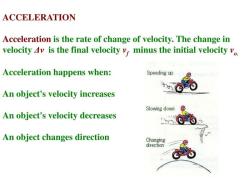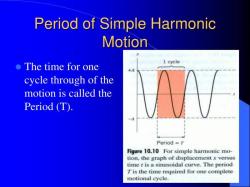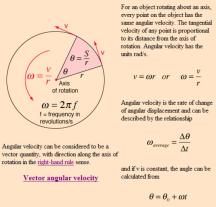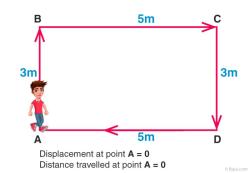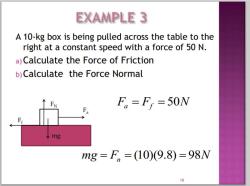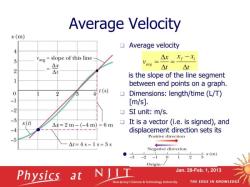Does density equate to weight?
No, density does not equate to weight. Density and weight are two distinct properties with different meanings and units of measurement. Here's an explanation of each concept and their relationship:
Density:
- Definition: Density is a measure of how much mass is contained within a given volume. It quantifies how tightly packed the particles or molecules of a substance are.
- Units: Density is typically measured in units like kilograms per cubic meter (kg/m³), grams per cubic centimeter (g/cm³), or pounds per cubic foot (lb/ft³), depending on the system of measurement.
- Example: If you have a block of lead with a high density, it means that a given volume of lead contains a relatively large amount of mass.
Weight:
- Definition: Weight, on the other hand, is the force of gravity acting on an object with mass. It is a measure of how heavy an object is due to the gravitational pull of the Earth (or another celestial body).
- Units: Weight is typically measured in units like newtons (N) or pounds (lb). The weight of an object depends on its mass and the strength of the gravitational field acting upon it.
- Example: If you have a block of lead with a certain mass, its weight will be different on the Moon, where the gravitational field is weaker, compared to Earth.
The relationship between density and weight is as follows:
Weight is directly proportional to the mass of an object. If you have two objects with the same mass, they will weigh the same under the same gravitational conditions, regardless of their density. In other words, two objects with the same mass will have the same weight.
Density is a measure of how mass is distributed within an object's volume. Objects with different densities will have different volumes for the same mass. Therefore, objects with the same mass but different densities will have different sizes. For example, a block of lead and a block of wood can have the same mass (and therefore the same weight) but different densities, leading to different volumes.
In summary, density and weight are related in the sense that weight is determined by the mass of an object, and the distribution of mass within an object can influence its density. However, they are not equivalent properties, and knowing the density of an object alone does not tell you its weight; you need to consider both mass and the strength of the gravitational field.
Clarifying the Distinction Between Density and Weight
Density and weight are two different properties of matter. Density is a measure of how much mass is contained in a given volume of a substance. Weight, on the other hand, is a measure of the force of gravity acting on an object.
The mathematical formula for density is:
Density = Mass / Volume
The mathematical formula for weight is:
Weight = Mass * Gravity
As you can see, the only difference between the two formulas is the inclusion of the gravity term in the weight formula. This means that density is a property of a substance, while weight is a force that depends on both the mass of the object and the gravitational field in which it is located.
The Role of Mass and Gravity in Determining Weight
Mass is a measure of the amount of matter in an object. It is a constant property of the object, regardless of where it is located in the universe.
Gravity is a force that attracts any two objects with mass. The strength of the gravitational force is proportional to the masses of the two objects and inversely proportional to the square of the distance between them.
The weight of an object is determined by the mass of the object and the gravitational field in which it is located. For example, a person on Earth would have a greater weight than the same person on the Moon, because the gravitational field on the Moon is weaker than the gravitational field on Earth.
Density as a Property of Substance, Weight as a Force
Density is a property of a substance, which means that it is the same for all samples of the same substance. For example, the density of water is always 1000 kg/m^3, regardless of where the water is located or how much of it there is.
Weight, on the other hand, is a force, which means that it can vary depending on the gravitational field in which the object is located. For example, a person on Earth would have a greater weight than the same person on the Moon, because the gravitational field on the Moon is weaker than the gravitational field on Earth.
Common Misconceptions About Density and Weight
One common misconception about density and weight is that they are the same thing. However, as we have seen, density is a property of a substance, while weight is a force.
Another common misconception is that density determines how heavy an object is. However, this is not always the case. For example, a lead ball and a feather have the same volume, but the lead ball has a much greater density than the feather. This means that the lead ball has a greater mass than the feather, and therefore it has a greater weight.
Educational Resources for Learning About Density and Weight
There are many educational resources available for learning about density and weight. Here are a few examples:
- Khan Academy: Khan Academy has a series of videos and articles on density and weight.
- Physics Classroom: Physics Classroom has a detailed discussion of density and weight, as well as a number of practice problems.
- Science Buddies: Science Buddies has a number of hands-on activities that can help you learn about density and weight.
